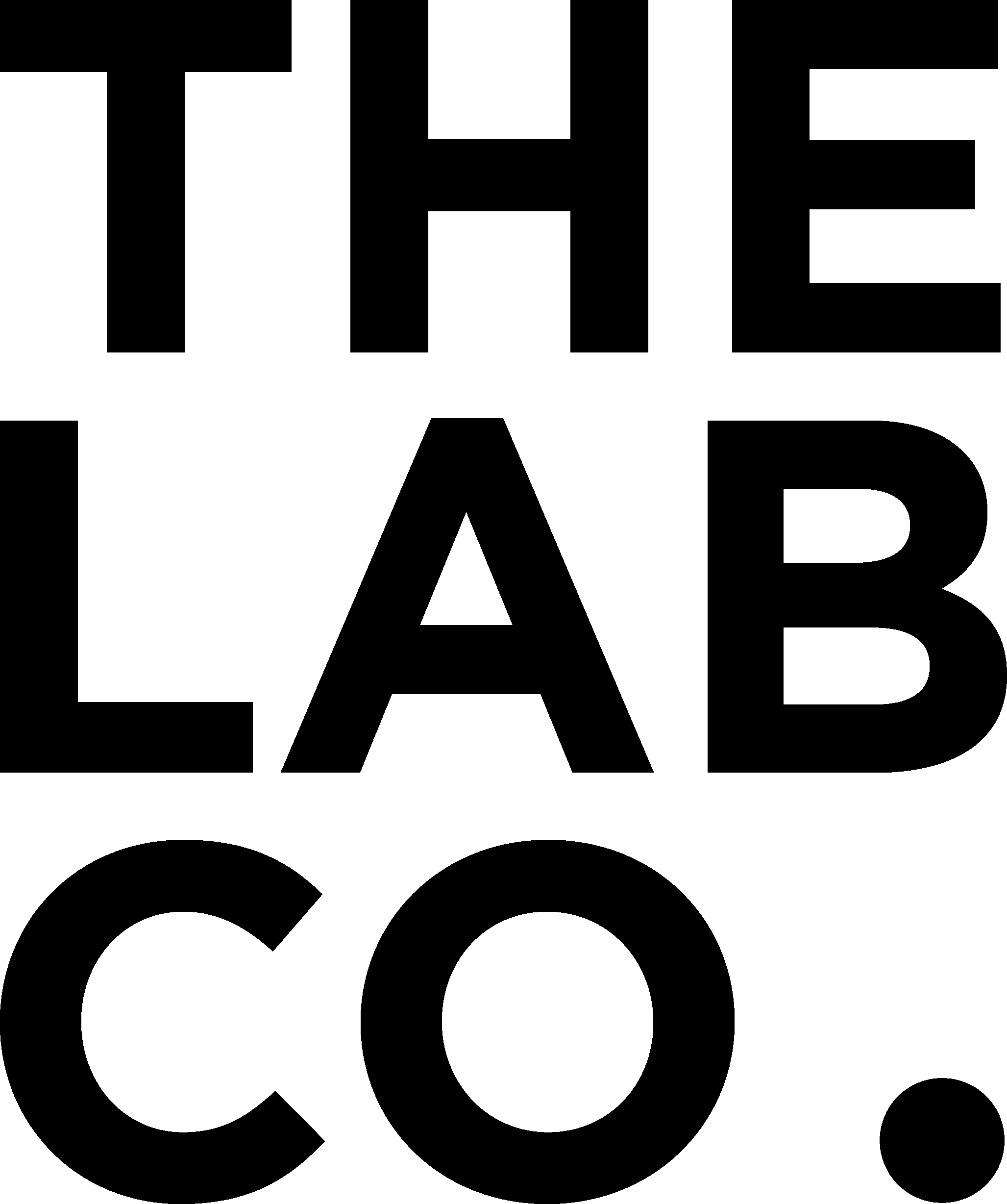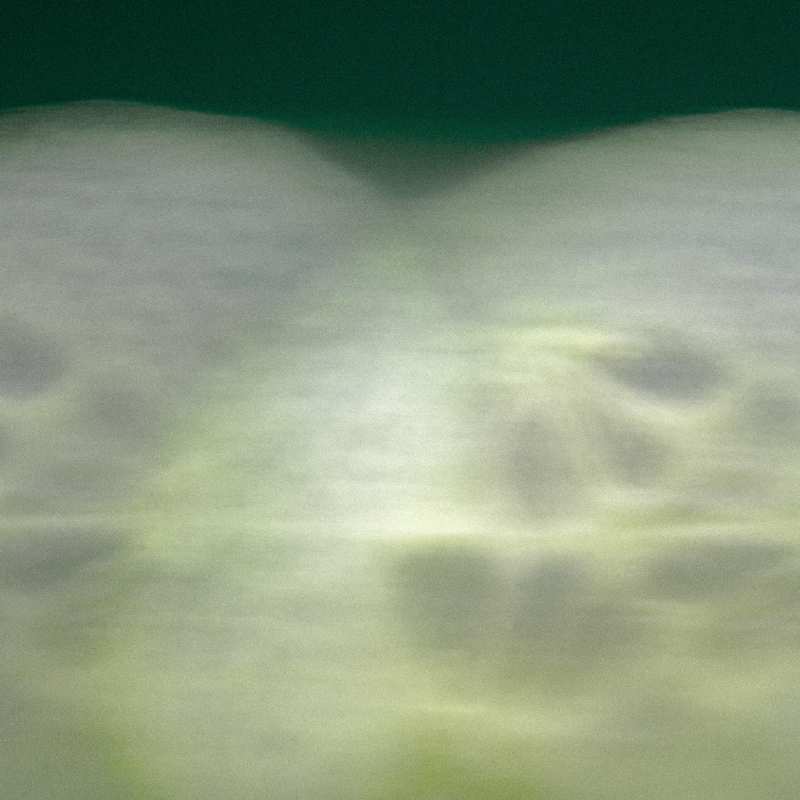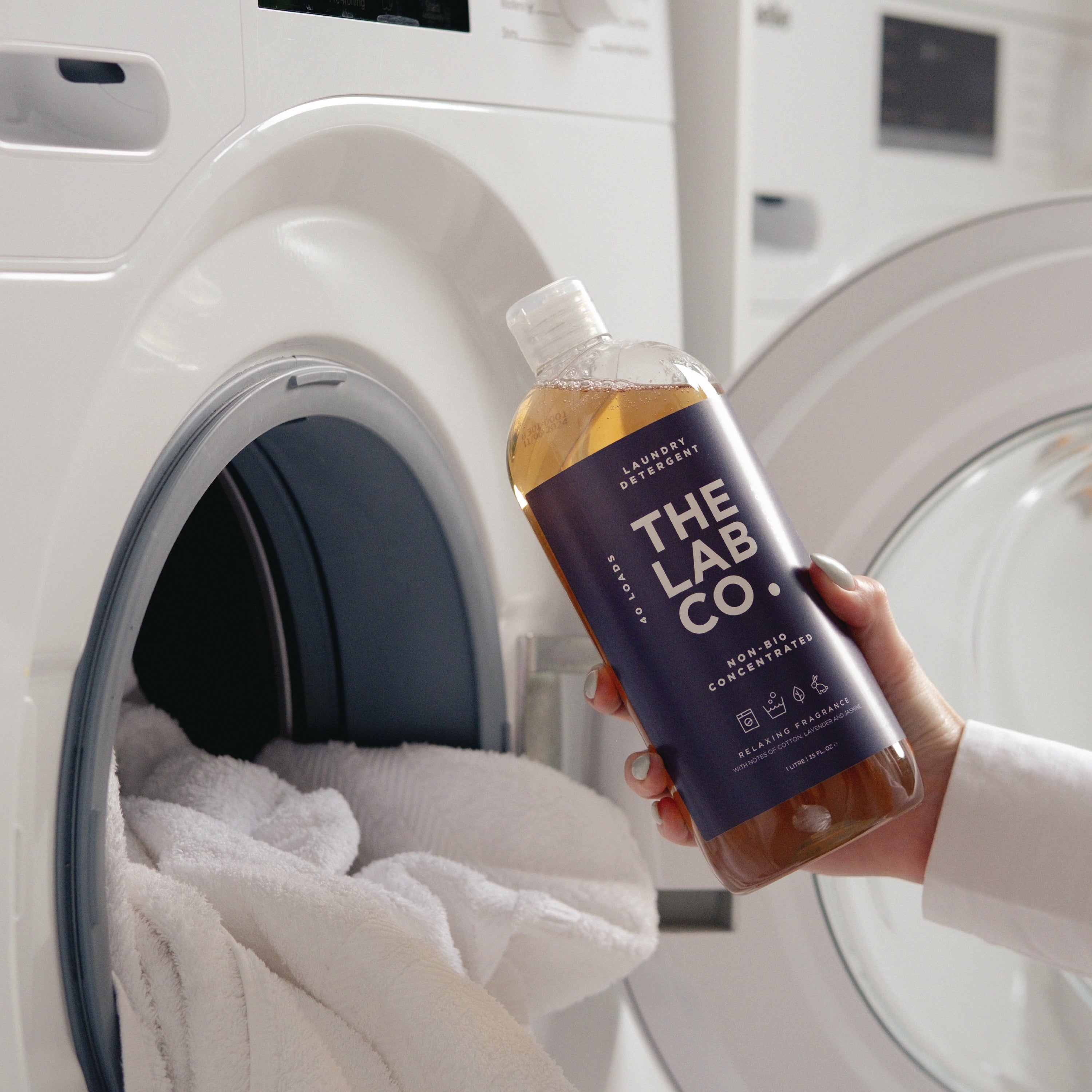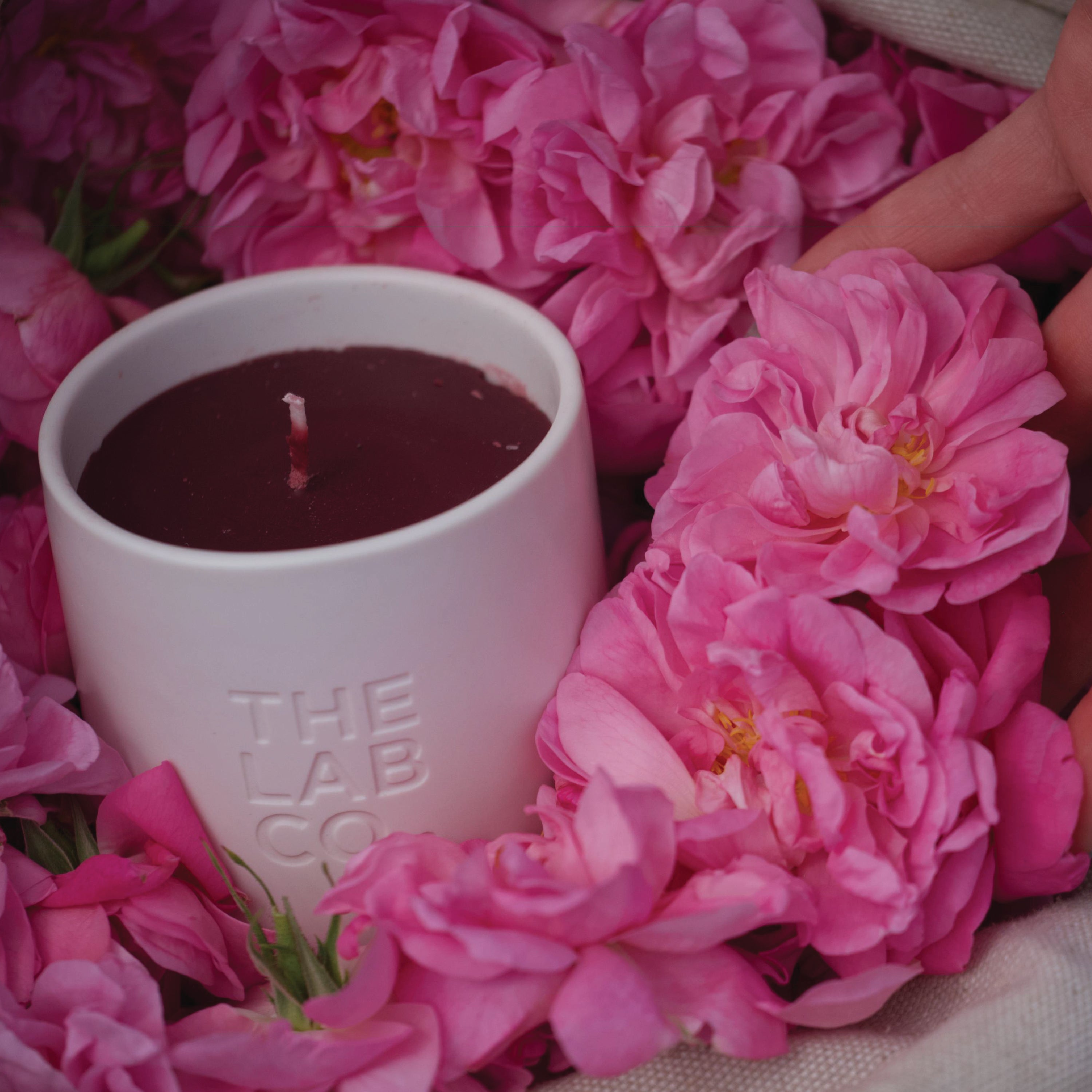
The Truth Behind 'Clean' Homecare
“Clean” is everywhere in homecare marketing—but it means almost nothing. With little to no regulation, brands can label products as “non-toxic” or “eco-friendly” while still including ingredients that may irritate skin, disrupt hormones, or harm the environment. At The Lab Co., we do things differently. We believe real cleanliness starts with radical transparency. That means no greenwashing, no vague ingredient lists, and no trade-offs.
The Problem With “Clean”
Many products on shelves today are clean in name only. While they may look natural, their formulas often include:
- Fragrance – A catch-all term that can hide hundreds of synthetic chemicals.
- Parabens and phthalates – Common preservatives and plasticisers linked to hormone disruption.
- 1,4-Dioxane – A byproduct in many detergents and a probable carcinogen.
- Optical brighteners – Chemical agents that make fabrics appear whiter without improving cleanliness and are harmful to aquatic life.
In regions like the UK, cleaning brands are not legally required to list all ingredients. That allows companies to make claims like “natural” or “eco” without real accountability.
What Radical Transparency Looks Like
- Listing ingredients — not just key or active ones and explaining what each ingredient does
- Acknowledging when synthetic ingredients are used — and justifying their purpose
- Being clear about what’s been excluded, and why Transparency isn’t about perfection. It’s about accountability.
Why We Created a Banned List
Some ingredients are legally allowed—but we still won’t touch them. We’ve created a banned list of substances we will never use, including:
- Carcinogens like 1,4-dioxane and formaldehyde releasers
- Endocrine disruptors such as phthalates and parabens
- Harsh surfactants like SLS and synthetic dyes
- Petrochemical-based fragrance compounds
- Non-biodegradable ingredients
Our banned list is guided by emerging health data and environmental science—not minimum legal requirements.
The Regulatory Gap
Cleaning products sit in a grey zone between food and personal care when it comes to regulation. While food and skincare products must list all ingredients by law, cleaning brands can withhold that information. That lack of oversight leads to inconsistency and misinformation. It’s up to consumers to read between the lines—or choose brands that don’t make them.
At The Lab Co., we publish everything because we believe you have a right to know.
How to Spot Truly Non-Toxic Products
If you’re trying to avoid toxins at home, here’s what to look for:
- Brands that list all ingredients, not just active ones
- Labels that avoid broad terms like “fragrance” or “surfactant” without breakdowns
- Clear ingredient policies or banned lists published online
- No greenwashing—just transparent, functional product info
- Performance that doesn’t come at a health or environmental cost
Clean should mean safe. And transparency should be the standard, not a bonus.
We’ve spent years developing homecare that works better—without cutting corners on health, safety, or the environment. No parabens, no phosphates, no 1,4-dioxane. Just cleaner, smarter formulas built for modern living.
